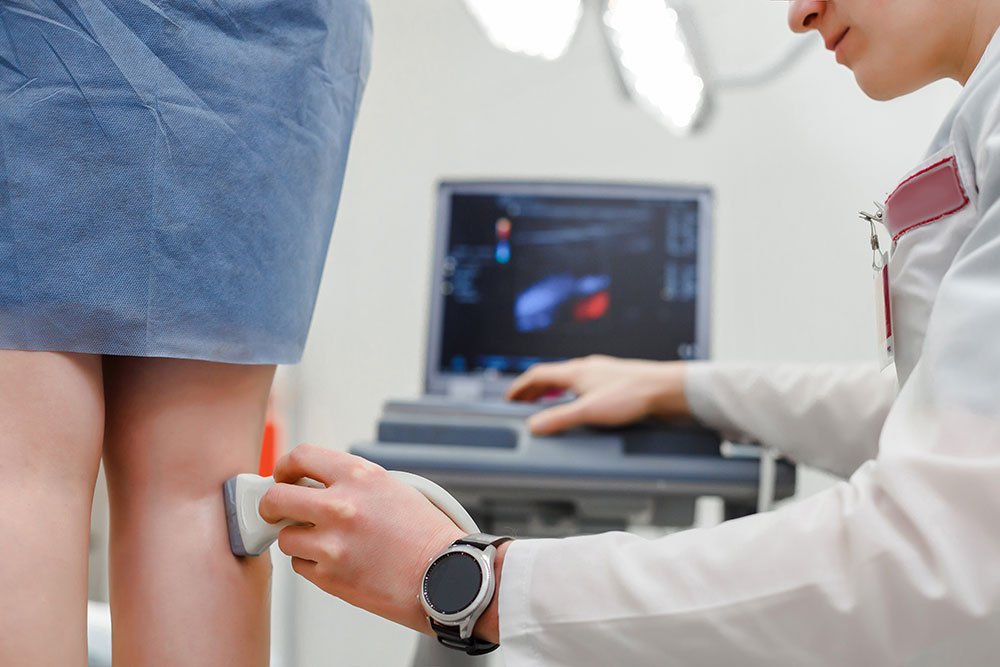What Kind Of Doctor Treats Veins? Unveiling The Role Of Vein Specialists In Healthcare?
Have you ever wondered, “What kind of doctor treats veins?” or, more specifically, “What kind of doctor is a vein specialist?” Vein health is a crucial aspect of overall well-being, and understanding the specialized field of vein treatment is essential for those seeking professional care. In this comprehensive exploration, we’ll delve into the world of vein specialists, their role in healthcare, and the conditions they address.
Introduction: Navigating The Intricacies Of Vein Health
Vein-related issues can range from cosmetic concerns to serious medical conditions, necessitating expert intervention. When faced with such concerns, it becomes crucial to identify the right medical professional to address them. So, who exactly is equipped to treat veins, and what distinguishes them from other healthcare providers?
Understanding The Role Of Vein Specialists:
The medical professionals specializing in the treatment of veins are known as vein specialists or phlebologists. These physicians focus specifically on diagnosing and treating disorders related to the veins, ensuring optimal circulatory health. Unlike general practitioners, vein specialists possess advanced knowledge and skills honed through specialized training, making them well-versed in the intricacies of venous conditions.
Educational Background And Training:
Vein specialists typically undergo extensive medical education and training. Many are certified dermatologists or vascular surgeons who have pursued additional training in phlebology to specialize in vein disorders. This additional training enables them to develop a deep understanding of the circulatory system and the complexities of venous conditions.
Scope Of Practice:
Vein specialists are equipped to address a wide range of vein-related issues, including varicose veins, spider veins, deep vein thrombosis (DVT), and chronic venous insufficiency (CVI). Their expertise extends beyond the cosmetic aspects of vein treatment to encompass the diagnosis and management of medical conditions associated with venous disorders.
Diagnostic Techniques:
Vein specialists employ various diagnostic techniques to assess the health of a patient’s veins. This may include ultrasound imaging, which allows them to visualize blood flow and detect abnormalities within the veins. Accurate diagnosis is fundamental to developing tailored treatment plans that address the unique needs of each patient.
Treatment Modalities:
Once a diagnosis is established, vein specialists offer a range of treatment modalities tailored to the specific condition and severity. Common interventions include sclerotherapy, endovenous laser treatment (EVLT), ambulatory phlebectomy, and vein ablation procedures. These interventions aim to alleviate symptoms, improve circulation, and enhance the overall appearance of the veins.
Collaboration With Other Healthcare Professionals:
While vein specialists play a pivotal role in managing venous conditions, they often collaborate with other healthcare professionals to ensure comprehensive care. This interdisciplinary approach may involve working alongside cardiovascular surgeons, interventional radiologists, and hematologists, especially in cases where underlying systemic issues contribute to vein disorders.
When To Consult A Vein Specialist:
Understanding when to consult a vein specialist is crucial for timely intervention. Individuals experiencing symptoms such as persistent leg pain, swelling, or the appearance of varicose veins should seek the expertise of a vein specialist. Additionally, those with a family history of venous disorders or individuals at risk for DVT due to prolonged immobility should consider consulting a vein specialist for preventive care.
The Importance Of Seeking Specialized Care:
Choosing a vein specialist for the treatment of venous conditions offers several advantages. These professionals bring a nuanced understanding of the circulatory system, ensuring that interventions are not only aesthetically beneficial but also medically sound. Vein specialists are well-positioned to identify and address underlying health issues, providing holistic care that extends beyond surface-level concerns.
Conclusion: Empowering Individuals Through Informed Healthcare Choices
In conclusion, the question “What kind of doctor treats veins?” finds its answer in the specialized field of phlebology. Vein specialists, armed with advanced training and a deep understanding of venous disorders, play a crucial role in the healthcare landscape. By seeking the expertise of these professionals, individuals can proactively address vein-related concerns, promoting overall circulatory health and well-being. As we navigate the intricacies of healthcare, understanding the role of vein specialists empowers us to make informed choices for our vascular health.

Post Comment